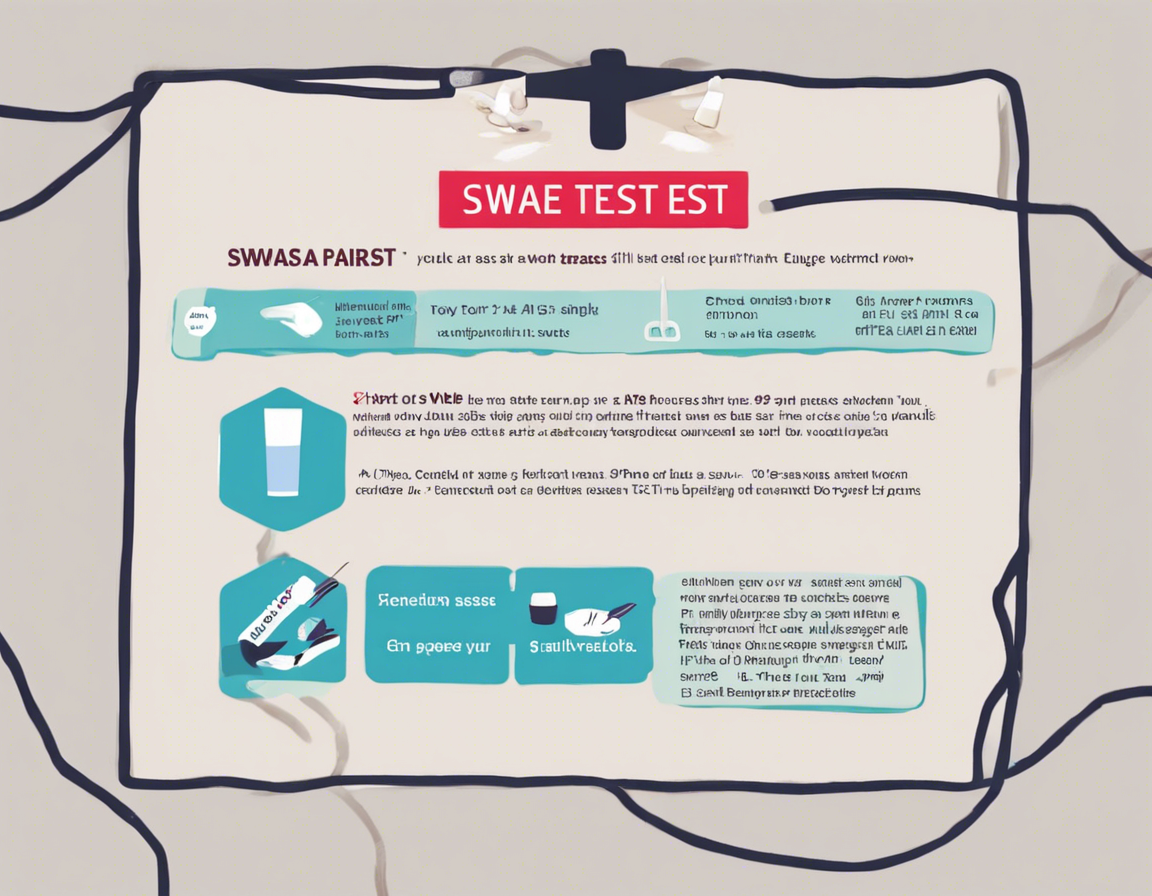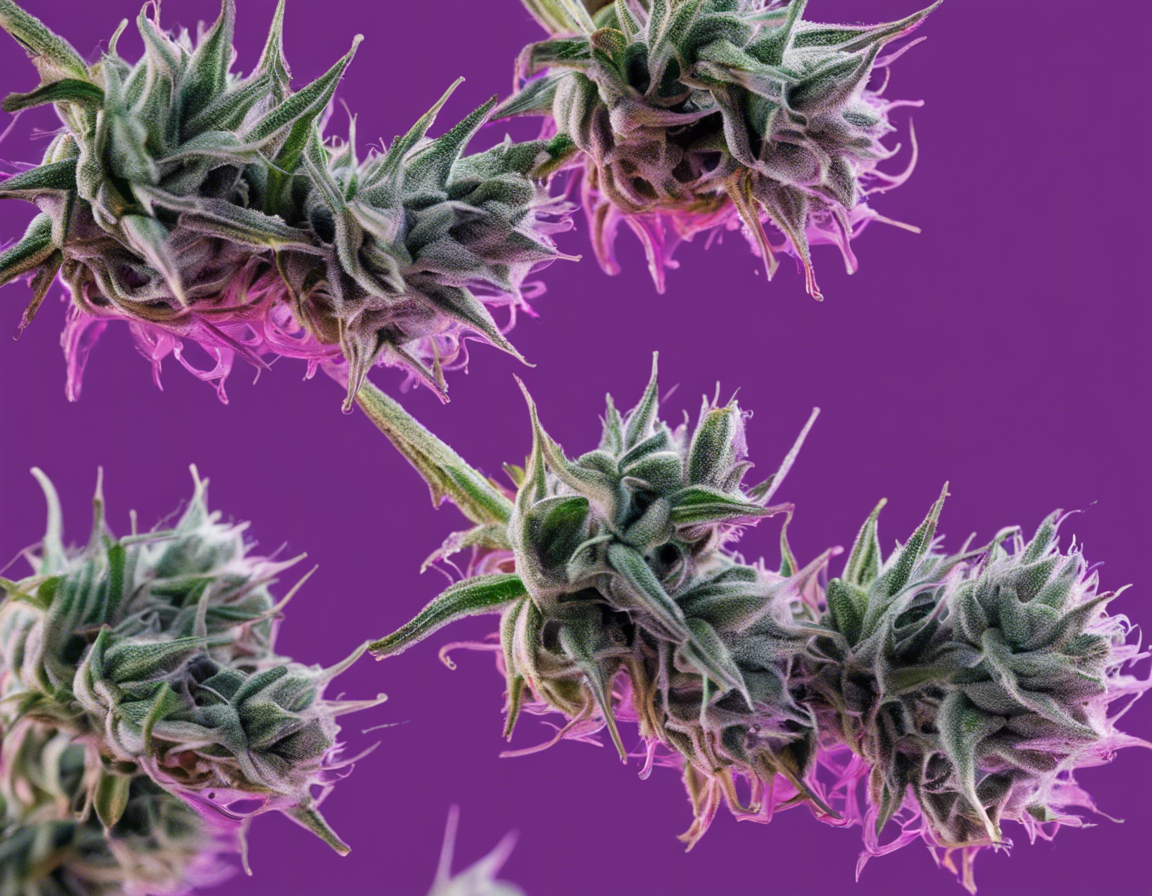Introduction
When it comes to drug testing, one common method used by employers, probation officers, and athletic organizations is the swab test. This test involves using a cotton swab to collect saliva from the mouth, which is then analyzed for the presence of drugs or their metabolites. While a swab test is considered less invasive than urine or blood tests, it can still be a nerve-wracking experience for those who may have consumed drugs recently.
In this comprehensive guide, we will discuss tips and strategies to help you pass a swab test successfully. By understanding how these tests work and implementing the right techniques, you can increase your chances of getting a negative result and avoiding potential consequences.
Understanding Swab Tests
Before diving into tips for passing a swab test, it’s essential to understand how these tests work. Swab tests, also known as saliva tests, are used to detect the presence of drugs in a person’s system. These tests are often administered on-site, making them convenient and easy to conduct.
Swab tests are designed to detect recent drug use, typically within the past 24 to 48 hours, depending on the substance. The test works by collecting saliva from the inside of the mouth, which is then tested for the presence of specific drugs or their metabolites.
Swab tests are commonly used to detect a variety of substances, including marijuana, cocaine, amphetamines, opiates, and methamphetamine. These tests are popular due to their non-invasiveness, ease of administration, and quick results.
Tips for Passing a Swab Test
-
Abstain from Drug Use: The most effective way to pass a swab test is to abstain from using drugs altogether. Since swab tests typically detect recent drug use, staying clean for at least 48 hours before the test can significantly improve your chances of passing.
-
Maintain Good Oral Hygiene: Good oral hygiene practices can help reduce the likelihood of drugs being detected in your saliva. Brushing your teeth regularly, using mouthwash, and staying hydrated can help dilute any traces of drugs in your mouth.
-
Avoid Food and Drinks that Can Trigger a False Positive: Some foods and drinks can potentially trigger a false positive on a swab test. Avoid consuming poppy seeds, hemp products, and certain medications that could lead to inaccurate results.
-
Use Mouthwash: Certain types of mouthwash can help mask the presence of drugs in your saliva. Look for mouthwash products specifically designed to cleanse the mouth and neutralize drug residues.
-
Chew Gum: Chewing gum can help stimulate saliva production, which can dilute the concentration of drugs in your mouth. Opt for sugar-free gum to avoid raising any suspicions during the test.
-
Practice Proper Technique During the Test: When taking the swab test, follow the instructions provided carefully. Ensure that the swab makes contact with the inside of your cheek and gums to collect an adequate sample.
-
Stay Calm and Relaxed: Stress and anxiety can potentially impact the results of a swab test. Stay calm and relaxed during the test to reduce the risk of triggering a false positive.
Strategies for Passing a Swab Test
-
Timing: If you have advance notice of a swab test, timing is crucial. Try to schedule the test for a time when any traces of drugs in your system are likely to be minimized.
-
Detox Products: There are various detox products on the market designed to help cleanse the body of toxins, including those from drugs. Look for reputable detox products specifically targeted for passing a swab test.
-
Natural Detox Methods: While detox products can be effective, there are also natural methods you can use to help detoxify your body. Drinking plenty of water, exercising, and consuming detoxifying foods can support the body’s natural detox processes.
-
Consult a Professional: If you are unsure about how to pass a swab test or if you have concerns about the test results, consider consulting a professional for guidance. A healthcare provider or drug testing expert can provide valuable advice tailored to your specific situation.
-
Legal Considerations: It’s important to be aware of the legal implications of attempting to tamper with a drug test. Be sure to comply with all testing protocols and regulations to avoid legal consequences.
Frequently Asked Questions (FAQs)
- How long do drugs stay in saliva for a swab test?
-
Drugs can typically be detected in saliva for up to 24 to 48 hours, depending on the substance.
-
Can secondhand smoke cause a positive result on a swab test?
-
While unlikely, exposure to secondhand smoke in enclosed spaces with heavy drug use can potentially lead to a positive result.
-
Are there ways to cheat a swab test successfully?
-
While there are various methods purported to help cheat swab tests, it’s important to proceed with caution and consider the legal implications of tampering with a drug test.
-
Do over-the-counter medications affect swab test results?
-
Some over-the-counter medications can potentially trigger a false positive on a swab test. Be cautious when using medications before a drug test.
-
Can drinking alcohol affect the outcome of a swab test?
- Alcohol typically does not interfere with the results of a swab test, as these tests are designed to detect specific drugs and their metabolites.
In conclusion, passing a swab test requires a combination of preparation, awareness, and strategic approaches. By following the tips and strategies outlined in this guide, you can increase your chances of passing a swab test successfully and achieving the desired outcome. Remember to prioritize your health and well-being, and always consider the legal implications of your actions when facing a drug test.



